As athletes strive to achieve peak performance in their respective sports, they often seek out various techniques and tools to gain a competitive edge. While physical training, nutrition, and mental conditioning are commonly emphasized, one powerful yet often overlooked tool is the breath. Breathwork, a practice that involves conscious control and manipulation of the breath, can have profound benefits for athletes, helping them optimize their performance, reduce stress, and improve overall well-being. In this blog post, we will explore how breathwork can be effectively used by athletes to enhance their athletic performance and elevate their game to new heights.
Enhance Performance: The breath plays a crucial role in regulating the body’s physiological responses, including heart rate, blood pressure, and stress levels. Through specific breathwork techniques, athletes can learn to control their breath and optimize their physical and mental states during training and competition. For example, deep belly breathing can help athletes activate their parasympathetic nervous system, promoting relaxation, focus, and mental clarity. Breath retention techniques, such as box breathing or alternate nostril breathing, can help athletes improve lung capacity, increase oxygenation, and manage energy levels. By harnessing the power of breath, athletes can improve their endurance, stamina, and overall performance on the field, court, or track.
Reduce Stress: Athletes often face high levels of stress and pressure, both in training and competition. Chronic stress can negatively impact performance, leading to fatigue, anxiety, and decreased focus. Breathwork can be a valuable tool for athletes to manage stress and calm the nervous system. Slow, rhythmic breathing, combined with mindfulness and visualization techniques, can activate the relaxation response and help athletes shift from a state of stress to a state of calm. This can lead to improved mental resilience, better decision-making, and enhanced performance under pressure. Breathwork can also be used as a valuable tool in post-competition recovery, helping athletes relax, unwind, and promote healing and repair in the body.
Optimize Well-being: Breathwork is not only beneficial for athletes’ performance, but it also has a positive impact on their overall well-being. Regular breathwork practice can help athletes improve their physical, mental, and emotional health. For instance, deep breathing techniques can help improve lung function, increase oxygenation, and enhance circulation, promoting better overall health and vitality. Breathwork can also improve sleep quality, helping athletes recover and rejuvenate after strenuous training sessions or competitions. Furthermore, breathwork can promote emotional regulation, reduce anxiety and depression symptoms, and enhance self-awareness and mindfulness, leading to improved mental and emotional well-being.
Breathwork is a powerful practice that can significantly impact an athlete’s performance, well-being, and overall health. By incorporating breathwork into their training routine, athletes can enhance their physical and mental performance, reduce stress, and optimize their well-being. Whether it’s deep belly breathing, breath retention techniques, or mindfulness-based practices, breathwork offers a wide range of benefits for athletes at all levels. So, take a deep breath, and unlock the full potential of your breath to elevate your game and thrive as an athlete. Remember, every breath counts!


